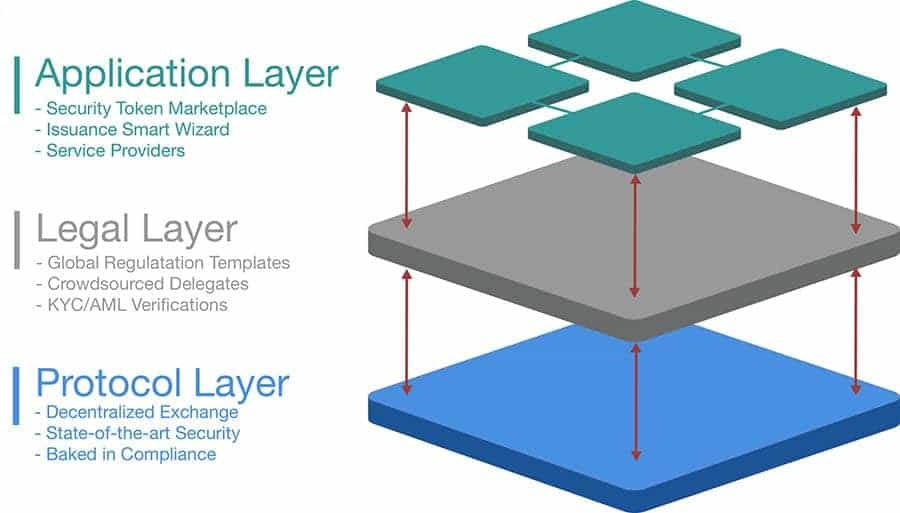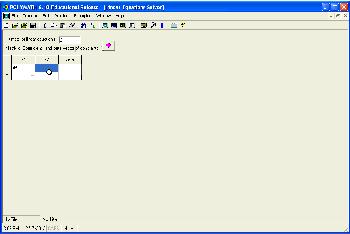

The polymath seeks to develop a highly tuned mental processing unit (MPU), which is really the computer everyone should be most concerned with. It is more than just acquiring general knowledge, not essentially memorization although some ability to remember is required. The polymath tries to exercises all parts of the brain. The brain requires constant exercise and continues to develop throughout life, save for disease and abuse.
#Polymath trial trial#
He had a passion for getting his hands dirty, for tinkering, for inventing through trial and error. Thomas Edison said that genius is 99% perspiration and 1% inspiration. Curiosity and interest are the true motivation for work, both intellectual work and the nitty gritty of hands on inventing. In fact, a polymath usually does not think of his or herself as being particularly smart, only curious. There is also the connotation of having an understanding deeper than that found in an encyclopedia, that is, an expert in many fields.Īnyone can be a polymath as long as he or she has the right motivation. The dictionary definition of a polymath is a very learned person, of encyclopedic knowledge. (Etymology: Greek polymathes very learned, from poly- + manthanein to learn) "That's all very well, but I don't think that that can index your book yet, because it's nowhere near what a good index can do.This article I copied from other resource. "I really wanted to show computers are handy for certain types of indexing, like say Google's index or when we jump through a document with 'control' and 'F'. The human-made index has nuance and subtext that the computer version simply can't achieve, he says. It can name things that I don't name in the book." "Hers is so much better, so conspicuously better," Dr Duncan says.

#Polymath trial professional#
The other is produced by a human, Paula Clarke Bain, a professional indexer from the UK's Society of Indexers. One of the indexes is produced using contemporary artificial intelligence indexing software.

People need to write sermons," Dr Duncan says. "So you have two types of speaking: you have the lecture and the sermon. The other thing was the arrival of preaching or mendicant religious orders, and a new idea to have friars live among the people in big cities to preach and "stop the flock from going astray".

"Not coincidentally, Paris and Oxford are the places where the universities have just arrived," Dr Duncan says. In the early 13th century, two things happened to create the perfect time for the invention of the index. "It's like a kind of parchment Google – he's read everything and he can tell you where anything is." Why the need for an index? of every instance that the Trinity is mentioned across all of his reading," Dr Duncan says. "So he ends up with what he calls a grand table. ( Getty: ulstein bild Dtl)Īnd in the course of his reading, every time a favourite topic came up – for example animals, the Creation, Trinity and about 400 other things – Grosseteste marked a little symbol in the book's margins.Īt the end, he would comb the margins and make notes of where each topic appeared, and include the entry in a general index. Robert Grosseteste, the 13th century philosopher, theologian and scientist, is another inventor of the index.


 0 kommentar(er)
0 kommentar(er)
